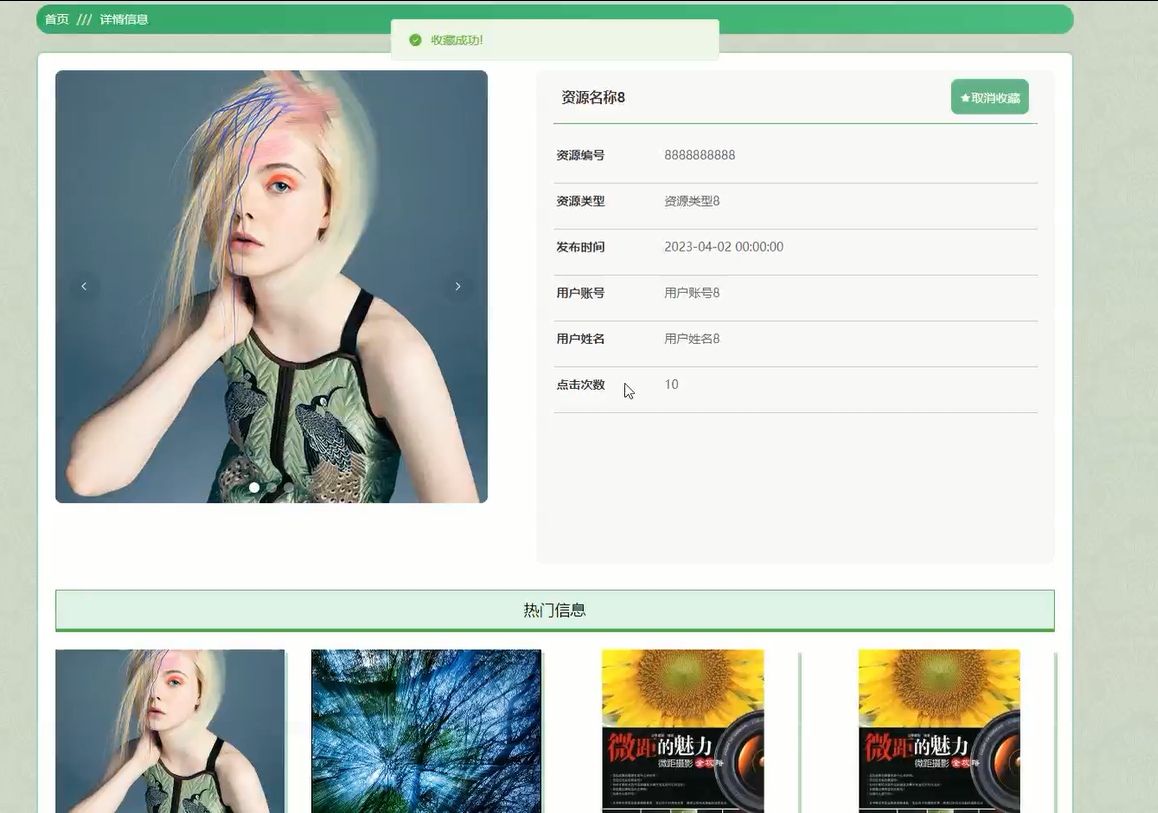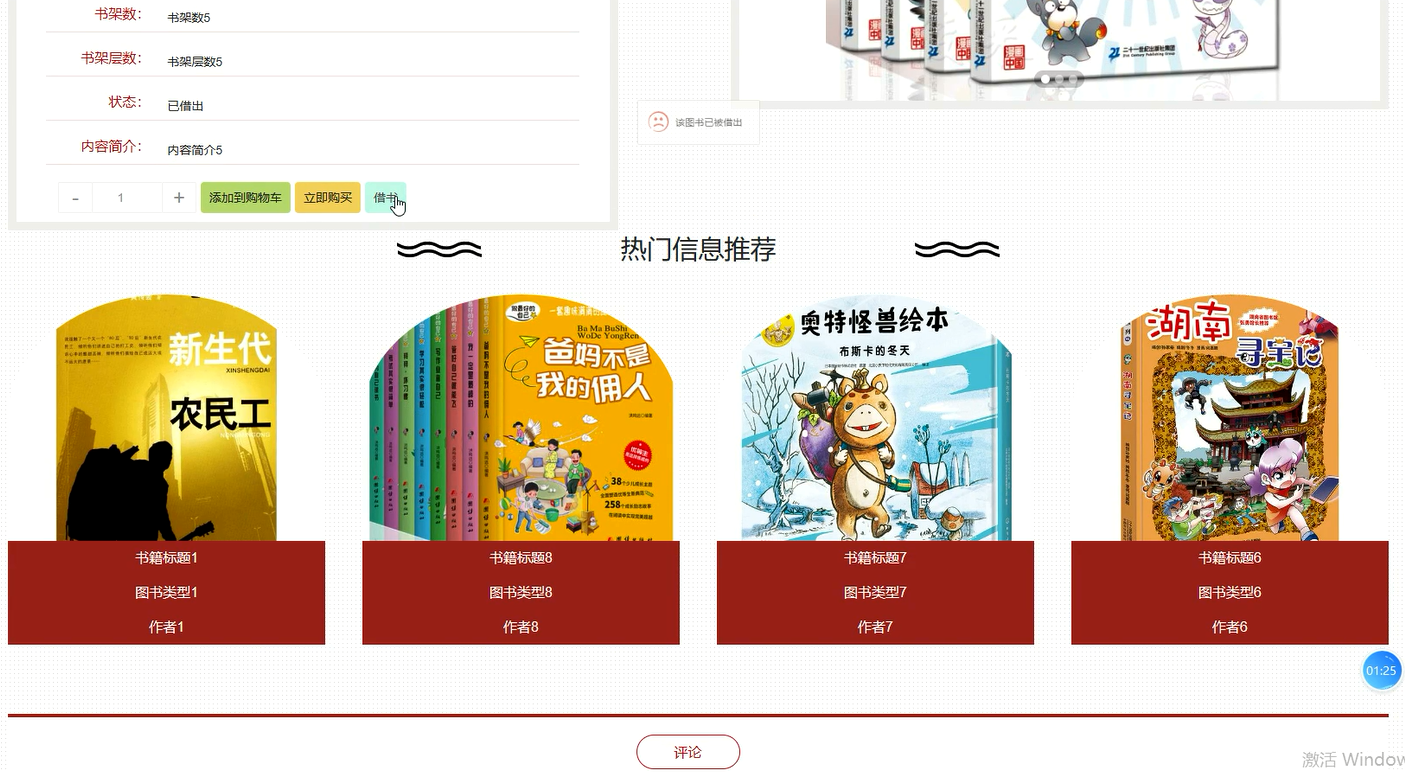摘 要
本文以股利政策选择与实施行为的经济学解释为基础,以政策的方向性和趋势性为评判依据,选取沪深两市 283 家 A 股上市公司从 1994 年到 2002 年的持续股利政策数据作为研究样本,通过引入随机增量过程的马尔可夫链动态模型,结合比较静态分析,从股利分配方式、股利支付水平、资本回报率等方面来研究中国上市公司股利政策选择行为的动态变迁及长期趋势,并通过预测检验动态趋势的准确性。发现我国资本市场上,上市公司股利政策存在一定的集群现象,长期表现为股利政策内部结构性收敛态势,即各种状态均有向不分配股利和股利分配低水平转移的趋势。为深入探究这种集群效应的驱动原因,本文将定性分析所得的多种内生因素和外生替代变量(时间因子)引入线性模型,建立横向和纵向二维面板数据(panel data)进行回归分析,实证结果显示:外生变量对股利政策的动态影响会使得股利支付意愿和支付水平向低水平变动,与股利政策选择行为的长期趋势相符,而内生主导因素股权结构以及诸多潜在内生变量的综合影响方向却与长期变化趋势相反。依据实证结果和理论分析,本文得出中国上市公司股利政策选择行为属于外生驱动型,进一步证明了上市公司股利政策集群效应的非理性化行为特征。
上述研究结果从侧面否定了我国资本市场的有效性,展示出资本市场效率问题的根源所在,并为我国当前的政策性改制提供了良好的理论支持。
关键词:股利政策;集群效应;面板模型
The dividend policy selection and implementation of behavioral economics to explain the basis, in policy direction and trends as the evaluation basis, select the Shanghai and Shenzhen Stock 283 A-share listed companies from 1994 to 2002 sustained dividend policy data as the study sample, by introducing random Markov chain dynamic model of incremental process, combined with the comparative static analysis, from the dividend, dividend payment level, the rate of return on capital and to study the dynamic change of behavior dividend policy choice of Chinese listed companies and long-term trends, and through inspection and dynamic trend of the accuracy of prediction. Found that China’s capital market, dividend policy of listed companies exist cluster phenomena to a certain extent, long-term performance for dividend policy internal structural convergence trend, that is, the state has to distribute dividends and dividend distribution low horizontal transfer trend. To further explore the driving reason of such a clustering effect, the obtained by qualitative analysis of a variety of internal factors and external alternative variables (time factor) into linear model, horizontal and vertical two-dimensional panel data (panel data) is established by regression analysis. The empirical results show that: the dynamic effects of exogenous variables on the dividend policy will make the dividend willingness to pay and pay level to the low level changes, and dividend policy choice behavior of the long-term trend line, and students leading shareholding structure factors and many potential endogenous variables influence direction but with long-term trend instead. According to the empirical results and theoretical analysis, this paper concludes that the dividend policy choice behavior of Chinese listing Corporation is an exogenous driven type, which further proves the non rational behavior characteristics of the dividend policy cluster effect.
The research results from the side denied the effectiveness of China’s capital market, showing the root causes of the problem of capital market efficiency, and provides a good theoretical support for China’s current policy reform.
KEY WORDS:Dividend policy; Cluster effect; Panel model
目 录
2.2 外生因素的相关理论………………………………….. 11
2.2.1“一鸟在手”理论……………………………….. 11
2.3股利政策选择研究的理论基础…………………………… 12
3.3固定股利支付率政策………………………………….. 15
3.4低正常股利加额外股利政策…………………………….. 16
4股利政策的制约因素……………………………………….. 17
5上市公司股利政策的选择与实施-以海尔集团为例…………………. 20
5.1海尔集团剩余股利政策的选择……………………………. 20
5.2海尔集团剩余股利政策选择的原因……………………….. 22
5.3海尔集团股利政策实施的利弊…………………………… 24
5.3.1海尔集团股利政策实施的优点………………………. 24
5.3.2海尔集团股利政策实施的缺点………………………. 26
6结 论…………………………………………………………………………………………………………. 27
致 谢……………………………………………………………………………………………………………… 28
参考文献………………………………………………………………………………………………………… 29





